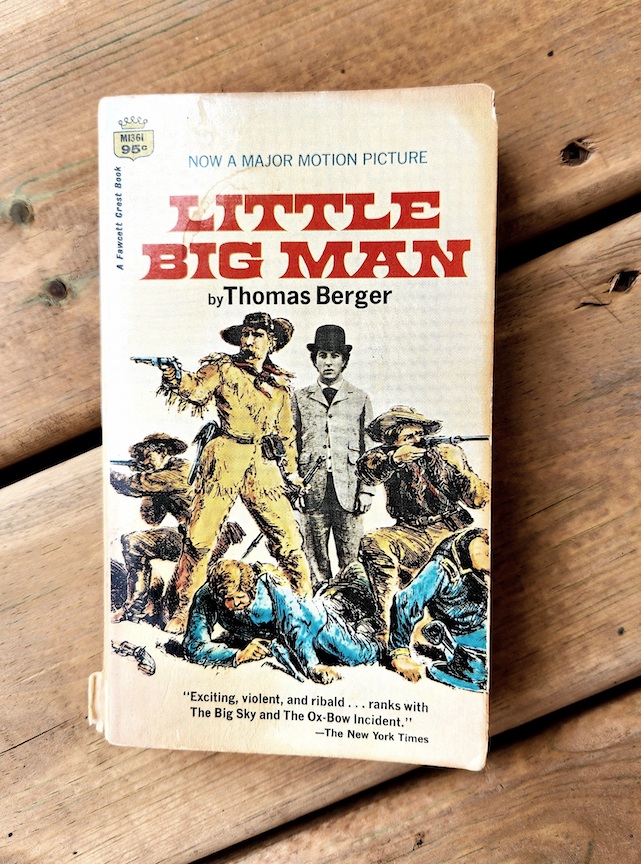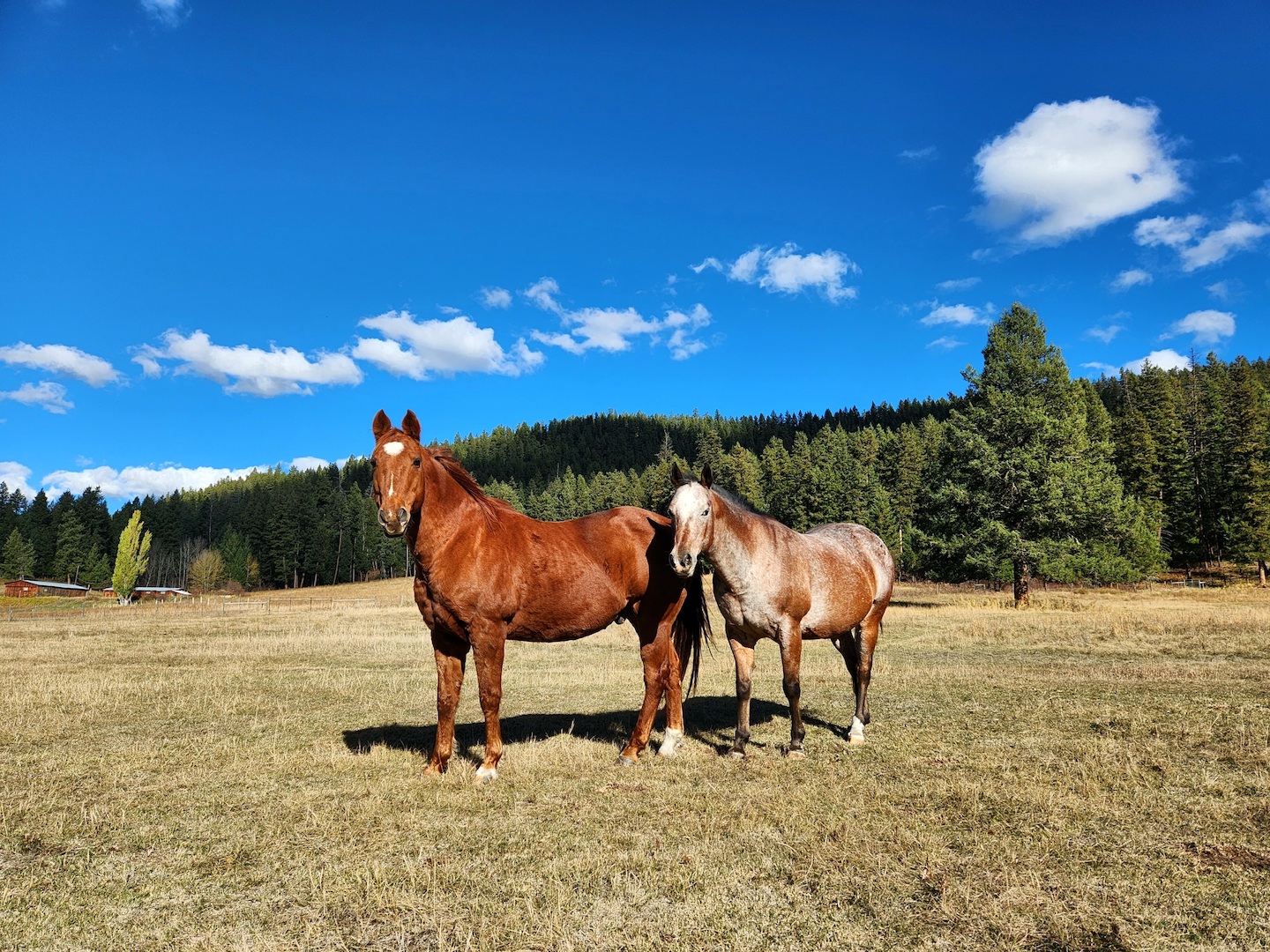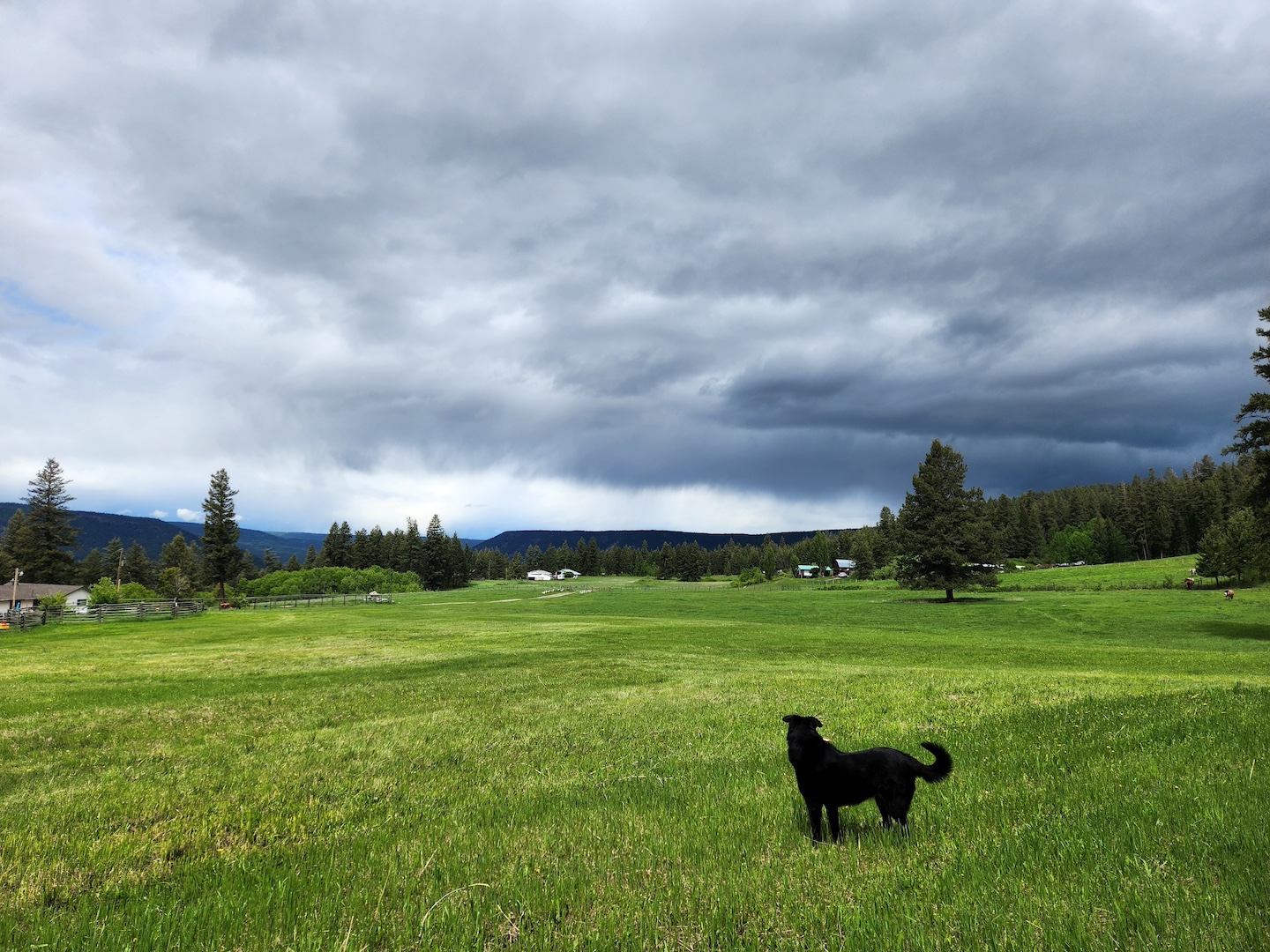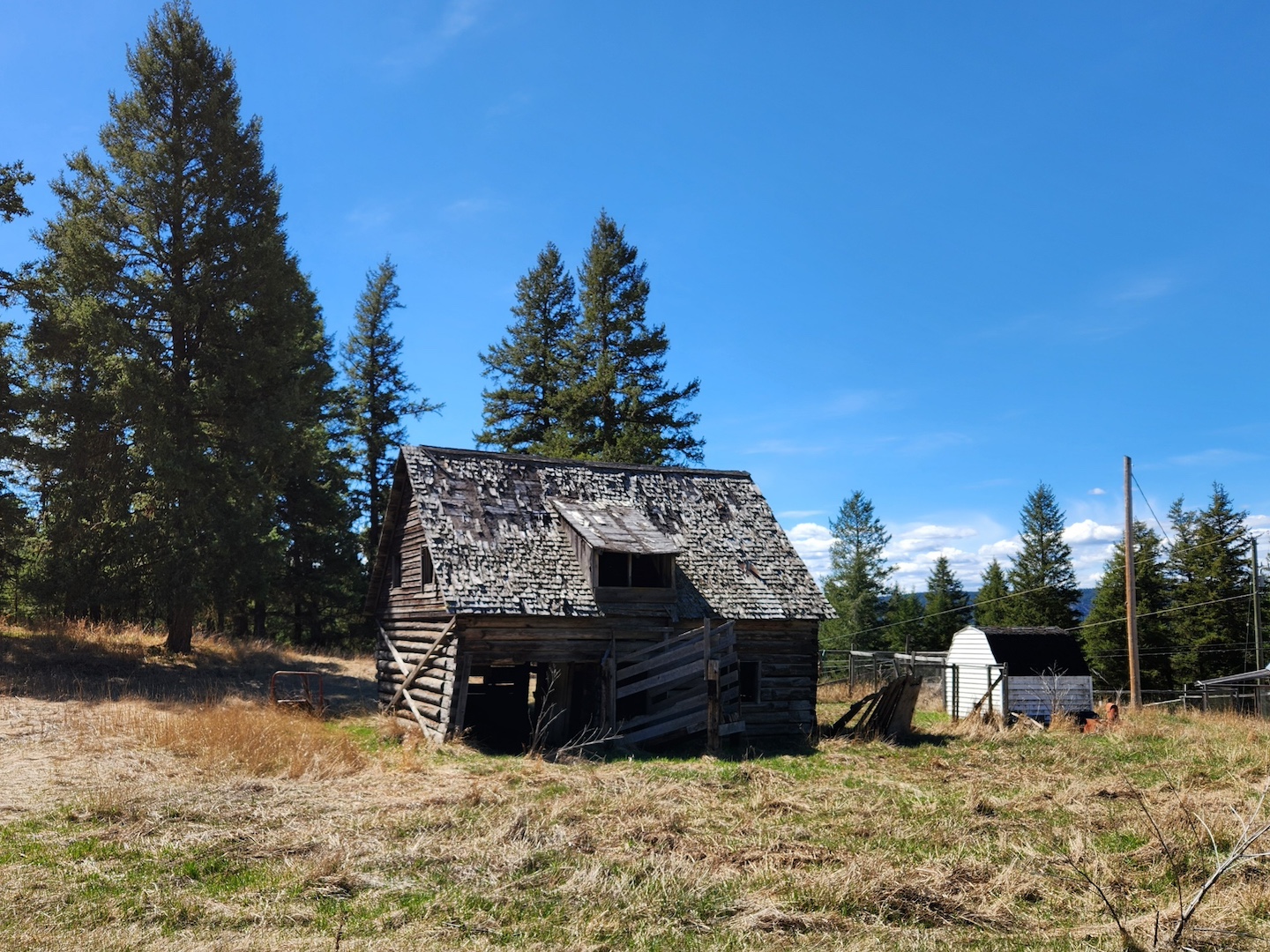Author: Thomas Berger
Published: 1964
Mood: If you just want to be taken on an epic ride through the best of the Wild West and don’t mind if your guide is a racist old white dude.
“White men believe that everything is dead: stones, earth, animals, and people, even their own people. And if, in spite of that, things persist in trying to live, white men will rub them out.”
Old Lodge skins
As soon as I saw the movie Little Big Man, I knew that I had to read the book. It was such an epic adventure! Usually I’d prefer to have read the book first, but for some reason with Westerns I seem to perpetually find out that the books exist only after seeing the movies – or being referred by the awesome people in my Facebook group.
Anyway, this tattered book magically appeared at one of my regular thrift store haunts, on the diminishing shelf of Western paperbacks. Huzzah!

Here’s the problem though. I finished it almost a week ago, and I’ve been struggling to write the review ever since.
Little Big Man is a highly entertaining story with great pacing, is extremely well researched, and the characters are rich and authentically flawed. But it feels like I can’t SAY it’s a good book without people assuming that I, a pasty-ass white person, must agree with the narrator’s perspective, and am cool with Indigenous folks being referred to as ‘savages’.
We’ve reached this point where it’s so easy for complete strangers to get mad at you online, harass you, or outright cancel you that even a minor celebrity like myself (allow me my delusion) gets caught in a spiral of self-censoring, and can’t produce an honest book review because she’s overthinking the reactions of her imaginary fans.
Anyway, I’m going to stop that right now and just git ‘er done. Here goes.
Little Big Man presents an unflinchingly blunt, often crass, and highly captivating narrative that reads like authentic history. I’m a writer, and I’m gobsmacked at how perfectly this story is constructed. The perspective, while frequently cringe, is exactly right for the narrator because he is NOT a good person.
Here’s a sample quote that captures his lazy personality: “If you want to really relax sometime, just fall to rock bottom and you’ll be a happy man. Most all troubles come from having standards.”
Jack Crabb is a fairly despicable antihero who flip-flops between the white world and the Northern Cheyenne Nation whenever he’s inconvenienced by the other. He never actually fits in with anyone, because he’s so self-involved that he lurks on the fringes.
Author Thomas Berger isn’t trying to get you to like Crabb, and I think that’s why it works. He lets Crabb be this grumpy old man with weak moral fibre, who just wants to tell his story and get paid. That story is really about the other people, and if you stick with it you get a surprisingly self-aware (and self-deprecating) commentary on all of the most fascinating aspects of the Wild West – including many of its most famous people and events.
![]()
Little Big Man is styled as a memoir, told on a deathbed to a trust-fund-loving Wild West fanboy named Ralph Fielding Snell.
The fictional Snell is contacted by an old man claiming to have survived the Battle of the Little Bighorn. Snell locates this notorious Jack Crabb, a crusty 111-year-old who wants to sell his story before he dies – the tale of a white man who was raised by the Cheyenne, given the name Little Big Man, and who amassed personal experiences with Wild Bill, Buffalo Bill, Wyatt Earp, Calamity Jane, and General Custer.
Crabb has opinions on EVERYTHING. He has opinions on Indigenous people and white people, on religion and politics, on women and warfare and gambling and drinking and cultural practices and magic and hygiene.
Sometimes he’s wholly deplorable: He lies, cheats, wouldn’t know loyalty if it smacked him upside the head with a brick, and he prefers self-preservation over bravery and honour. Other times he shocks you, like his nonchalant acceptance of his two-spirit kin, or when he pauses to admit that his way of thinking at the time was wrong and his actions were selfish.
I’m not going to quote the shitty racist parts here, because that’s just giving further platform to that type of language. Instead, here’s a sample of Crabb’s perplexingly agreeable insights: “Since I been in this old-folks’ home and watched them Western shows on the television, I might have made a remark or two for it gets on my nerves to see Indians being played by Italians, Russians, and the like, with five o’clock shadows and lumpy arms.”
And then there’s this touching quote about chosen family: “You don’t have to have blood ties to get a family feeling about a person… Most of the people I have really cared about in this world, I have elected to the position. I have a belief that a man’s real relatives are scattered throughout the universe, and seldom if ever belong to his immediate kin.”
So even though he uses ignorant phrasing and is not a particularly good person, Crabb IS your conduit to this epic tale that’s so much bigger than the Little Big Man. He’s your crusty-ass guide to these multifaceted characters and this nonstop adventure that checks every single box for a Western fan. You tolerate him, and then kind of enjoy your own opinions of everything you gain through his perspective.
![]()
Another big thing to note is that Little Big Man (the book) has about as much in common with the movie as I do with Dustin Hoffman. We’re both vertically challenged. That’s the long and short of it (pun intended).
The characters are all there, but most are nothing like their movie counterparts (looking at you, Mrs. Pendrake!). The story starts and ends the same, but there are dozens of scenes and events in the book that don’t appear in the movie – and some parts of the movie aren’t in the book, mostly because they heavily reshaped to be a blatant allegory for the Vietnam War.
Author Thomas Berger apparently didn’t appreciate the changes, saying to True West magazine that “my career owes a lot to the success of the motion picture, so I have avoided any public animadversions on the film, which of course has many strengths, most of them, appropriately, visual.”
![]()
Little Big Man was apparently dreamt up by Berger to capture as many pivotal Western tropes and events as possible in a realistic way… Or was it?
There’s apparently a theory that Jack Crabb actually existed, and that Berger invented the historian character to conveniently turn a real life story he’d discovered into gripping fiction – ie. Berger was Snell, and there’s a real Jack Crabb. The descriptions of people and events are SO detailed that I totally agree, it feels like someone had to have been there and relayed the story to Berger.
Berger himself seems to have played into the myth and mystery in interviews (like the one linked), indicating that if you can’t find proof of Jack Crabb, you clearly haven’t looked hard enough. And there are extremely plausible reasons why Crabb evaded most records, such as sneaking into Custer’s army or chickening out at the Battle of Washita River.
I love that this book did such a good job of dropping me into that time and place, and that I got to experience all these characters. Does that mean I like Crabb, or agree with his views? Nope. All I’m saying is this is a terrific piece of storytelling, and that’s what I live for.


